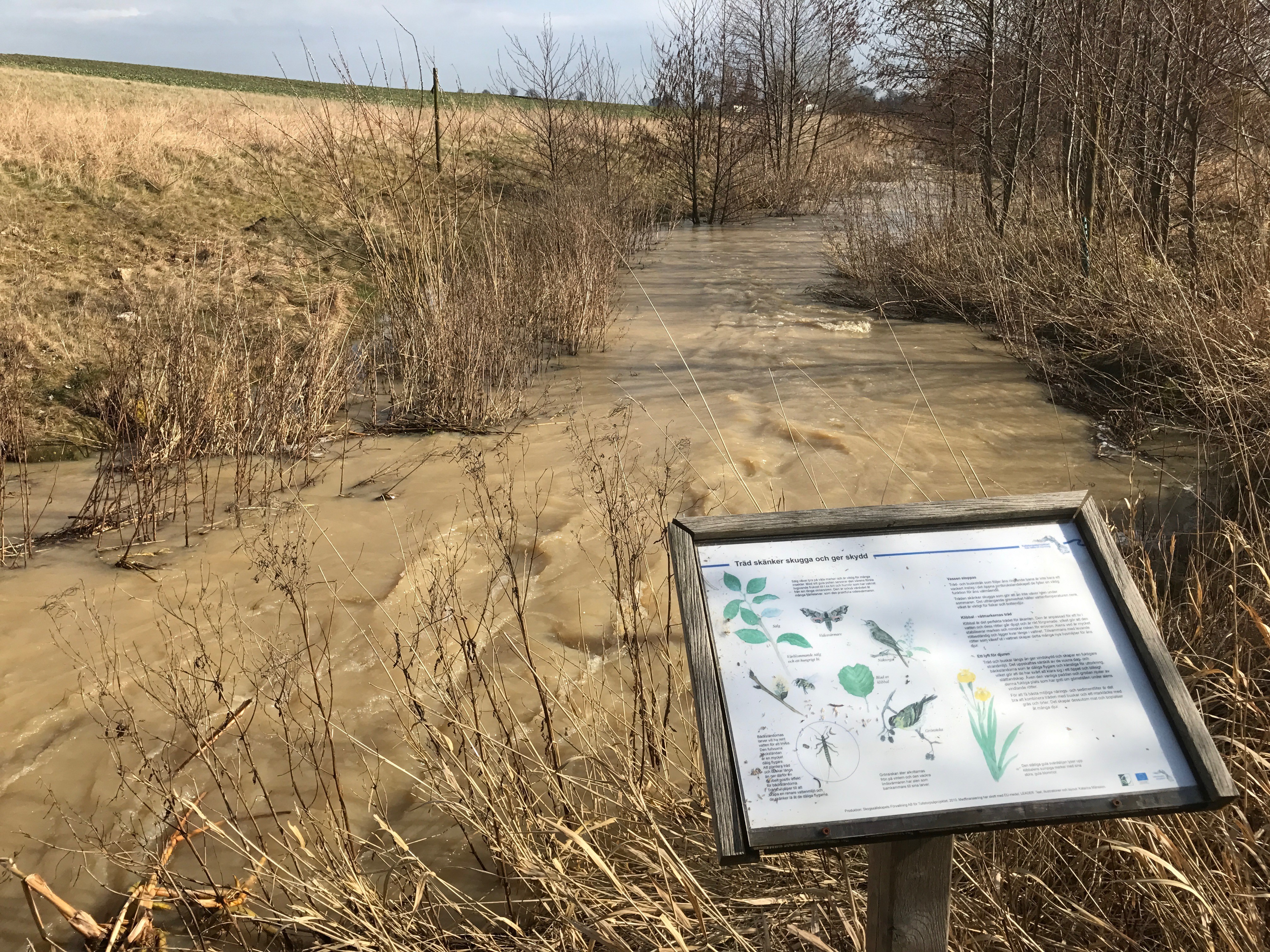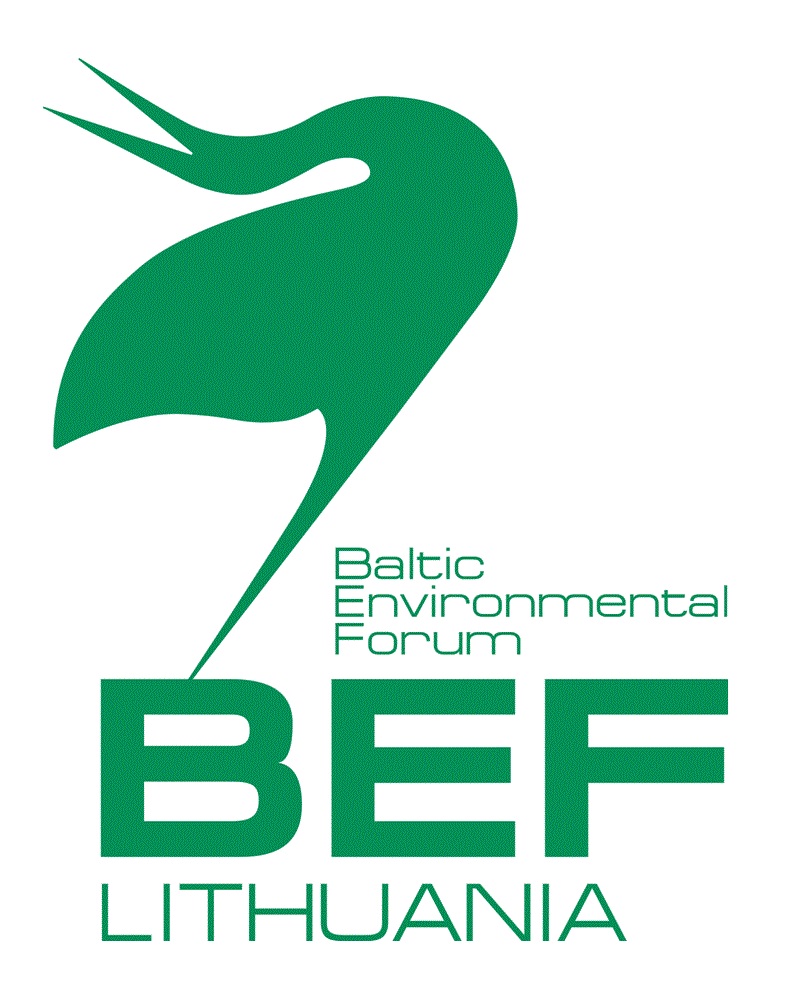A private landowner initiative for a prosperous and healthy Baltic Sea– Phase 2

This project is the second phase of a two-phase preparational project for preparing the full application of the Interreg Project “BALTIC rePAIR – A private landowner initiative” . The first phase of preparational project was funded by WWF Sweden.
Agriculture is the main source of eutrophication of the Baltic Sea. To remedy the problem will require not only implementation of relevant EU and national legislation but foremost action by private landowners. To restore wetlands and rivers could play a critical role in solving the Baltic Sea eutrophication challenge but also create additional benefits: support the comeback of biodiversity, decrease soil erosion and flooding, increase the yield in agriculture by taking less productive land out of production, improve the local life quality, create new income opportunities by inviting visitors to experience attractive nature as well as producing new ecosystem services for society.
Therefore, it was decided to create a new “private landowner initiative for a prosperous and healthy Baltic Sea” by using the already existing experiences in the participating countries, multiplying lessons learned and the success factors, creating new, practical examples of how to best restore wetlands and rivers in productive farmland in the context of a viable economy and enhance local life qualities and to prepare the project application “BALTIC rePAIR – A private landowner initiative”.
The project should be seen as Phase 2 of the project “Mobilising private landowners and communities in support of biodiversity and a healthier Baltic Sea”, which was funded by the Baltic Sea Conservation Foundation and took place in March 2017.
Situation and background
Eutrophication is a major problem in the Baltic Sea. Since the 1900s, the Baltic Sea has changed from an oligotrophic clear-water sea into a eutrophic marine environment. Excessive nitrogen and phosphorus loads coming from land-based sources, within and outside the catchment area, are the main cause of the eutrophication of the Baltic Sea. About 75% of the nitrogen load and at least 95% of the phosphorus load enter the Baltic Sea via rivers or as direct waterborne discharges. About 25% of the nitrogen load comes as atmospheric deposition. Phosphorus loads originate mainly from human emissions whereas nitrogen mainly comes from land runoff, primarily from agriculture. The overall goal of HELCOM is to have a Baltic Sea unaffected by eutrophication. Despite measures taken to reduce external inputs of nitrogen and phosphorus to the sea, good status for eutrophication has not been reached yet. Nearly the entire sea area is still affected by eutrophication. Since almost all farmland in the Baltic region is privately owned, the private sector plays a key role in finding cost-effective solutions to reduce nutrients leakage from farming into water bodies.
With the starting point of the Tullstorp Stream initiative (http://www.tullstorpsan.se), an international workshop was held 21-23 March 2017 at Jordberga, southern Sweden. Participants from five Baltic countries (Sweden, Poland, Germany, Latvia & Lithuania), Austria, Switzerland and Japan, consisting of a mixture of private landowners, NGOs, regional authorities, foundations and representatives of the Interreg BSR and the Council of the Baltic Sea States Secretariat, met to learn more about it. The main outcome of the workshop was the agreement to initiate private landowner initiatives at least in Latvia, Lithuania and Poland in collaboration with the Tullstorp in the context of an international initiative and to prepare project proposal for Interreg BSR funding mechanism.
Project activities and effects
Project Goal:
- This preparational project aims to prepare a high quality project proposal – BALTIC repair – A private landowner initiative. This application will aim to improve the situation for people and the environment in the Baltic Sea region through four modules or work packages:
- Promote spatial up-scaling of private landowners engagement to reduce causes for eutrophication
- Adopt a circular economy approach
- Improve the enabling conditions for the engagement of private landowners
- Respond to climate change and renewable energy demands.
Activities:
January/February 2018
- Trips to Trelleborg (Trelleborg Municipality will be a Lead party of the Interreg project) to align with municipality and to establish working relationships to prepare the full proposal
- Trip to Baltic States to detail activities and involvement of partners, especially regarding the pilot sites
- Explore options for additional pilot site in Poland
January/April 2018
- Coordinate roles, participation and budgetary implications of wide range of partners, including public authorities, landowners, landowner organisations, ELO, NGO partner in 5 countries, and others;
- Oversee model project development and coordinate with partners and landowners, including technical assessment of feasibility;
- Solicit partners for the climate adaptation component;
- Clarify more in detail the biogas component;
- Clarify conditions (including financial) for the international partners (e.g. ELO and EUFRAS – European Forum for Agricultural and Rural Advisory Services);
- Secure buy-in, confirmation of all partners;
- Identify and negotiate co-funding for all participating countries and partners;
- Prepare outreach and communications activities plan and coordinate with partners;
- Maintain information flow within the consortium and associated entities;
- Prepare the final project proposal
Beneficiary
Baltic Environmental Forum Lithuania
Partners
- Trelleborg Municipality, Sweden
- Sylvén GmbH
- Estonian Fund for Nature
- Institute of Ecology and Earth Sciences, Tartu University, Estonia
- Pasaules Dabas Fonds, Latvia
- Institute for Environmental Solutions, Latvia
- Tullstorp Economic Association, Sweden
Project region
Lithuania, Sweden, Estonia, Latvia
Project duration
2018-01-01 – 2018-04-15
Budget
total project budget: € 20,009
funding BaltCF: € 20,009
